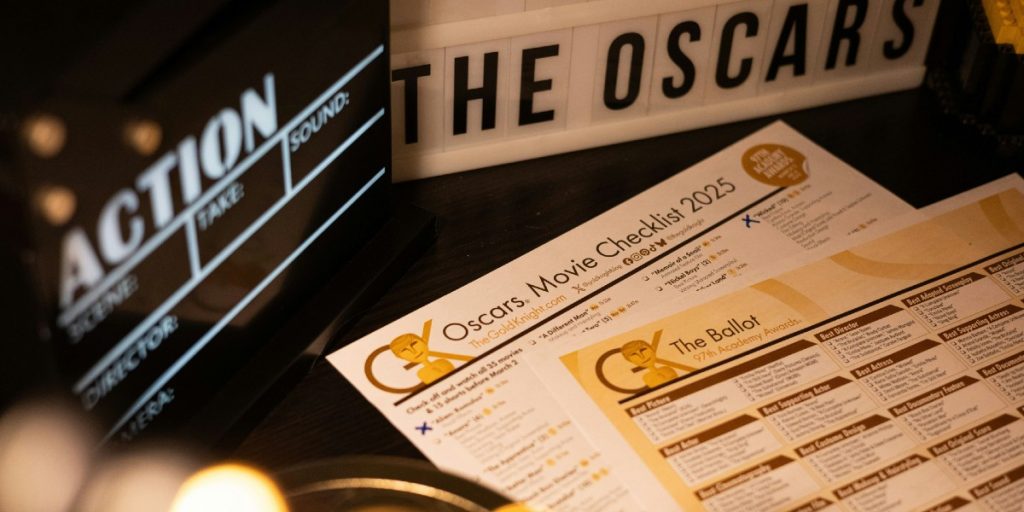Israa Nasir is a psychotherapist and founder of WellGuide, a digital community for mental health awareness. Her work centers around helping people redefine their relationship with productivity and achievement to lead more mindful, purpose-driven lives. She has been featured in Vox, NBC, and Teen Vogue and invited to speak at Google, Meta, and Yale.
What’s the big idea?
Productivity isn’t always a good thing. It can be a way to fill the void of unmet emotional needs, perpetuate a constant state of busyness, and erode well-being. For productivity to be healthy rather than toxic—an activity, not an identity—it must come from a place of self-care, balance, and personal fulfillment.
Below, Israa shares five key insights from her new book, Toxic Productivity: Reclaim Your Time and Emotional Energy in a World That Always Demands More. Listen to the audio version—read by Israa herself—in the Next Big Idea App.

1. Know the difference between healthy and toxic productivity.
On the surface, healthy and toxic productivity can both look like achieving goals, but their roots couldn’t be more different. Healthy productivity aligns with your values and allows you to work with intention and purpose without sacrificing your well-being. Toxic productivity pushes you to do more out of fear, shame, the need for external validation, or a drive to prove your worth—not out of genuine purpose. In toxic productivity, productivity habits become an identity rather than an activity.
We learn harmful or unhelpful messages about productivity throughout our early childhood experiences. You must bring awareness to your habits and patterns before you can unlearn them. Ultimately, the long-term effects of toxic productivity are harmful. Studies show that if you link your self-worth solely to productivity, you’re at a greater risk for mental health challenges like anxiety and depression because you’re constantly striving to meet self-imposed, impossible demands. By recognizing when productivity stops serving you and starts consuming you, you can shift to a healthier, more intentional way of working—one that enhances your life rather than depletes it.
2. Emotions play a role in productivity.
It’s easy to think of productivity as a purely logical process, but emotions like guilt, fear of failure, and the need for approval deeply influence productivity. Sometimes, we use productivity to cope with uncomfortable feelings. Other times, productivity habits or lack thereof can trigger uncomfortable feelings. For instance, productivity guilt is the feeling that you’re never doing enough, often resulting in overwork. The American Psychological Association shows that those who struggle with productivity guilt tend to work long hours and take fewer breaks, which leads to burnout.
“Emotional regulation isn’t just about feeling better. It enhances productivity.”
Learning to regulate your emotions is crucial. This means learning to identify, understand, manage, and release difficult emotions. Tools like mindfulness, journaling, movement crafts, and setting realistic goals can help you manage feelings constructively, allowing you to operate from a place of balance instead of anxiety. Emotional regulation isn’t just about feeling better. It enhances productivity. By helping you focus, make clearer decisions, and stay motivated through emotional awareness, you can begin asking yourself: Am I working from a place of purpose or fear? This question is the key to creating sustainable productivity.
3. Toxic productivity often hides in daily habits.
Toxic productivity isn’t always obvious. It often lurks in small, seemingly harmless habits, such as working through lunch, checking emails at midnight, or staying glued to your phone for fear of missing something. Toxic productivity can also mask itself as personal development habits, self-care, meeting emotional needs, and chronic busyness. These behaviors can snowball into a lifestyle that prioritizes doing over being, leading to feelings of disengagement and exhaustion.
You can transform toxic habits into nurturing ones. Instead of working nonstop, schedule genuine breaks, like a quick walk or a few minutes of mindful breathing. Research shows that taking short, regular breaks can boost productivity by up to 40 percent. Allow your brain space to reset.
Also, balance the well-being of your relationships with your productivity habits. This helps you stay connected to community and have your emotional needs met so that you don’t have to turn to toxic productivity habits. This approach turns productivity from a draining cycle into a process of growth where self-care is the driving force rather than self-neglect.
4. Busting myths that keep you trapped in toxic productivity.
Our culture is filled with productivity myths that can keep you stuck. For example, you might believe multitasking makes you more efficient, but research shows it can reduce efficiency by up to 40 percent. Then there’s the myth that busyness equals productivity or that doing more equates to more success. But that’s also far from true. Research shows that only 20 percent of daily tasks drive 80 percent of our results. These beliefs can lead you to overcommit, so you’re constantly busy but rarely fulfilled.
“Working smarter-not-harder means giving yourself permission to focus on what really matters rather than just filling time.”
By reframing these myths, you start to see productivity as a personal, flexible practice, not a rigid checklist. Working smarter-not-harder means giving yourself permission to focus on what really matters rather than just filling time. You’re not bound by external definitions of success, achievement, or productivity. Be guided by your own sense of fulfillment.
5. Rest is essential.
In a society that glorifies the hustle, rest is often seen as something you earn only after checking off your to-do list. But rest is not a reward; it’s essential. Neuroscience research shows that the brain needs downtime to process information, form memories, and spark creativity. A study from the University of California found that people who took regular rest breaks were 26 percent more likely to experience breakthroughs in problem-solving compared to those who worked nonstop.
Rest isn’t just about physical recovery either. It’s also a mental reset for approaching tasks with fresh energy and creativity. By intentionally building rest into your day, such as setting aside quiet moments or practicing active rest through hobbies, rest becomes part of the productivity cycle. Embracing rest as a cornerstone of productivity means honoring your own rhythm, allowing you to approach each task with clarity, resilience, and purpose.
Re-imagining productivity means questioning cultural frameworks about achievement and self-worth. Toxic productivity is the quiet whisper urging you to always be in the next stage, closer to the conclusion. But living this way takes you out of the present. It keeps joy at a distance. The most optimized life is not the happiest life.
To listen to the audio version read by author Israa Nasir, download the Next Big Idea App today:































